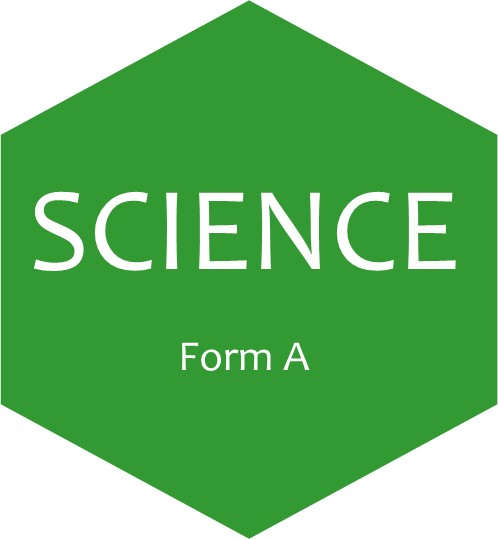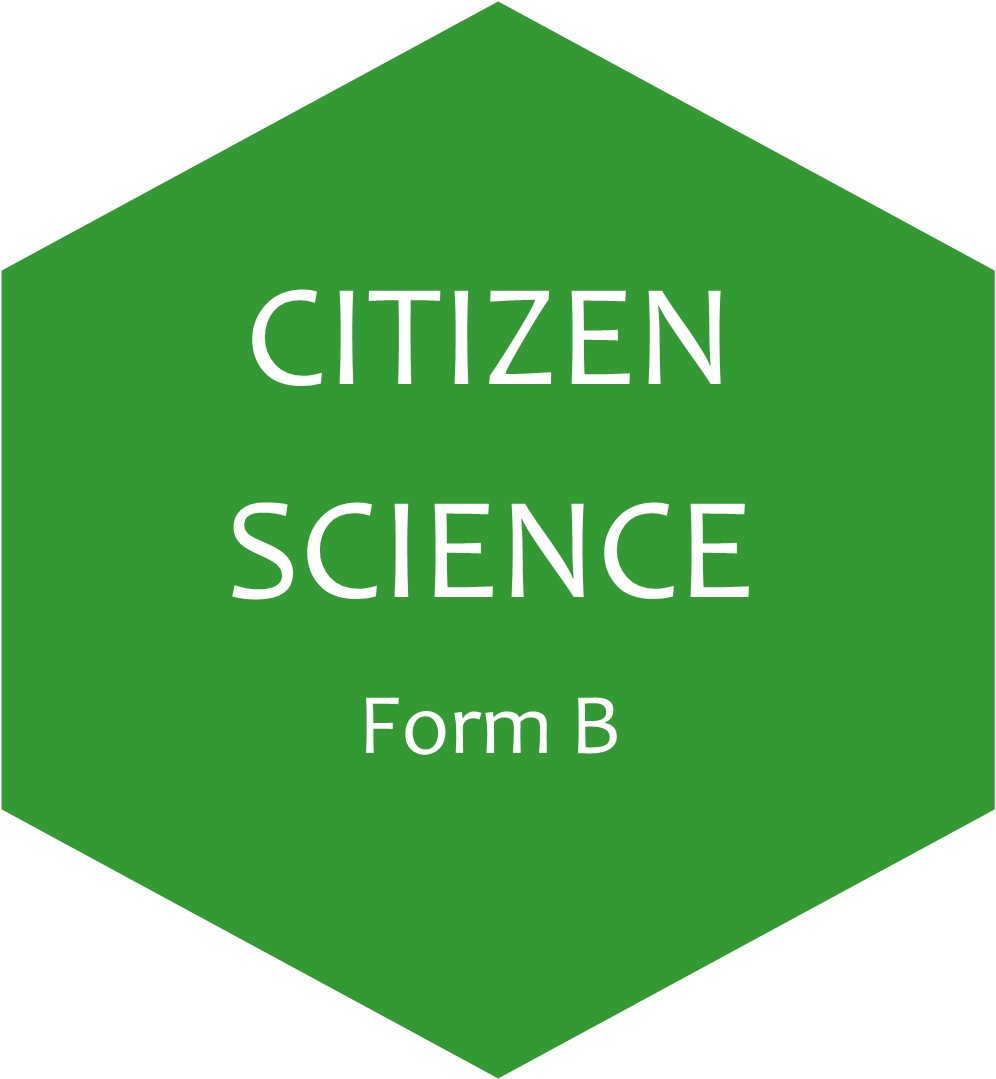The principal objectives of the Trust when considering an application are as follows:
The Trust is international in outlook and covers all species of bees.
Grants can be made to individuals and organizations that might otherwise find funding difficult in this specialized field.
The principal objectives of the Trust when considering an application are as follows:
- That research projects will benefit and/or improve an understanding of bees. In the case of scientific projects, that they will support the dissemination of findings in peer-reviewed research and/or academic publications.
- That outcomes are widely disseminated in order to improve apicultural practice internationally.
- There must always be a strong intellectual and/or strategic rationale for the particular project for which the Trust’s help is sought.
- That the project is innovative and original, with investigative research being favoured. The Trust is especially interested in pump priming funding (start-up funding without which a project might not get off the ground). There is also a particular preference for giving support to students starting their research in this field who have already received a fellowship elsewhere.
- In the case of historical and/or archaeological projects, that the gathering of new information, the further expansion of existing knowledge and the dissemination of this material reaches the widest possible range of interest groups including those beyond the normal scope of the bee world.
- In the case of Citizen Science projects they should contribute to the collection of substantial amounts of data that are impossible to obtain by other means. Or proposals should involve beekeepers and/or the public to create awareness about various aspects of apiculture and the environment through monitoring and information gathering.
Based upon these Objectives the Trust has supported:
- Academic conferences on bee-related scientific and historical research.
- In some cases, travel and publication costs related to any of the above.
- Graduate and post-graduate projects but not school-based projects or those targeted at a younger audience.
Criteria guidelines for each type of application:
 |
 |
 |
 |
Please note that the Trust does NOT give grants for:
- Standalone travel or conference registration fees
- Academic chairs
- Long-term or core funding (such as overheads or infrastructure within organizations)
- Retrospective funding of projects (i.e. costs already incurred)
- Entrepreneurs seeking funds for enterprises leading to commercial gain.
- Other charities whose intention is to redistribute funds to external applicants
- Basic beekeeping enterprises
- The Funds do not cover Institution overheads.
It should also be highlighted that the reapplication or resubmission of a previously rejected grant application is unlikely to succeed. All applications must be submitted via the Eva Crane Trust website.
For PhD Students
- An application directly from a PhD student should be accompanied by a letter of detailed support, for the student and the project, from their supervisor.
- A stipend covering the 1st year of the project would be considered in exceptional circumstances.
- For projects lasting more than 1 year, the supervisor should evaluate the progress being achieved after 12 months and report back to the Trustees.
Grant Funding Limits
The funding available for our grant-giving activities is reviewed regularly. At the end of 2025 the the Trustees set the financial limits for 2026, with the aim of managing their funding in order to benefit as many well deserving bee projects as possible. The first call for submissions in March 2026 has no financial limit. The second call in September 2026 will be restricted to a maximum of £5,000.
All projects must supply a financial breakdown of their expenditure on submission of their grant. This information is uploaded via the website (either use our template or upload your own files to the 'Stored Documents' area of your portal). This must be produced in Pounds Sterling (GBP). All financial details are carefully scrutinised.
When no specific funding limits are in place, any application requesting more than £30,000 will be referred to independent assessors or referees for external review. Please note that this may extend the processing time beyond the usual 12 weeks.
The Trust looks favourably on Match-Funded projects and, at the application stage, will require documented evidence of funds already acquired.
For ongoing grants (i.e. where the grant is awarded in phased amounts at set intervals) a progress report should be submitted 9 - 12 months after the commencement of the first grant and reviewed by the Trustees before any further funding is released.
Sucessful Applicants
Subject to referee reports and responses to any trustees’ queries, all applicants are usually notified within 8 weeks of the application deadline. After this, you will be required to do the following:
- Either you, or an appropriate authority, will sign a Grant Agreement document.
- Provide the Trust’s administrator with the correct bank details. Please note that transfers are only made to recognised Universities/organisations and not to personal accounts.
- Provide the Trustees with progress reports which will be required at stipulated intervals and a final report which must contain accurate financial accounts.
- Provide a final report at the end of the project that will be posted as a Case Study on the ECT website.
- Acknowledge the Trust’s support in any written, online or published material relevant to your project (this also includes Social Media outlets).
- Once a grant has been awarded it is possible that projects will be inspected if they are of some considerable size or ongoing over a long period.
Guidelines and instructions are provded at each stage via the web portal, with additional support via the Trust's administrator.
Privacy Policy
We recommend that all applicants read our Privacy Policy to ensure that you are happy with the way that the Eva Crane Trust handles and uses the information that you supply.

